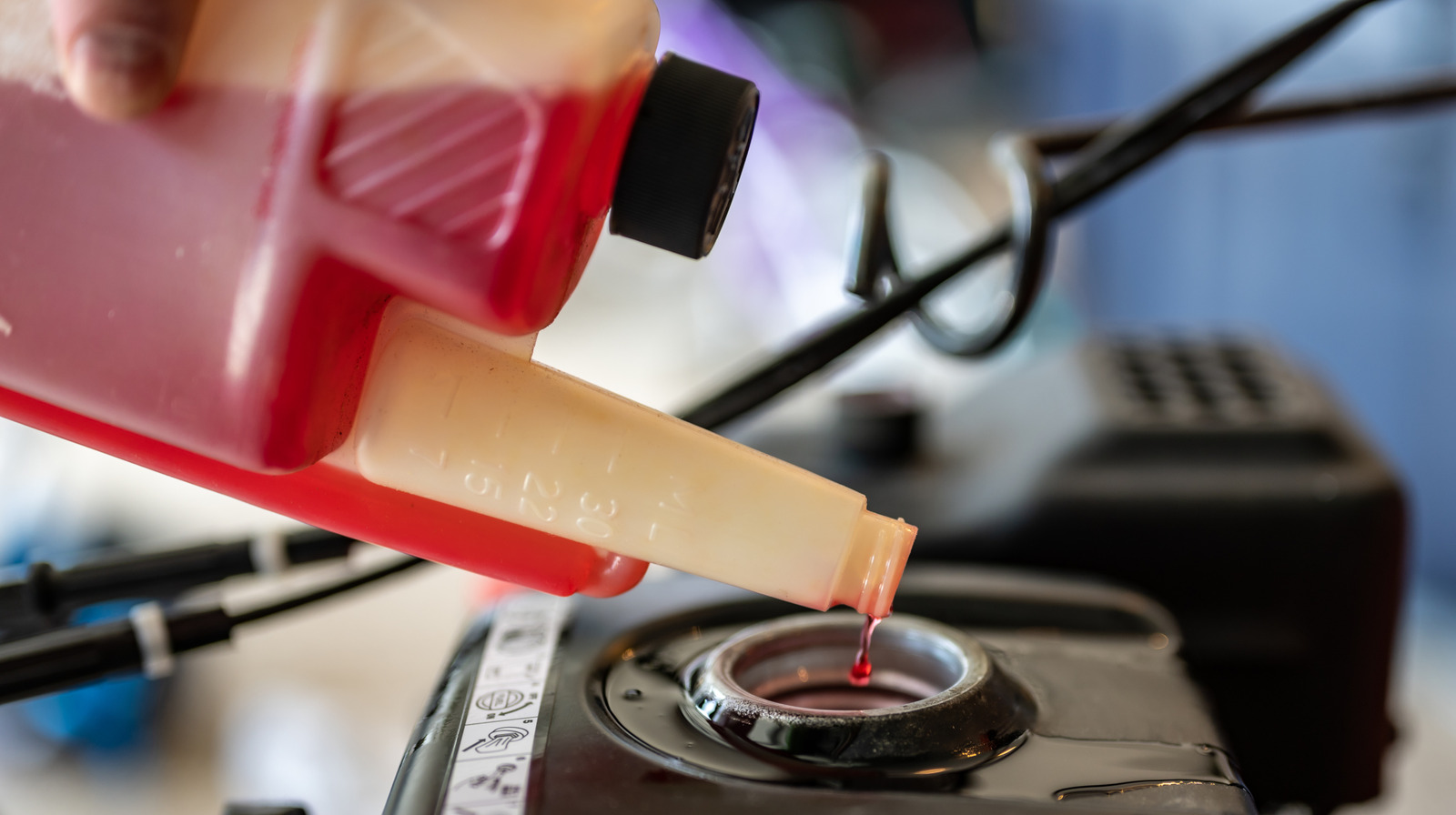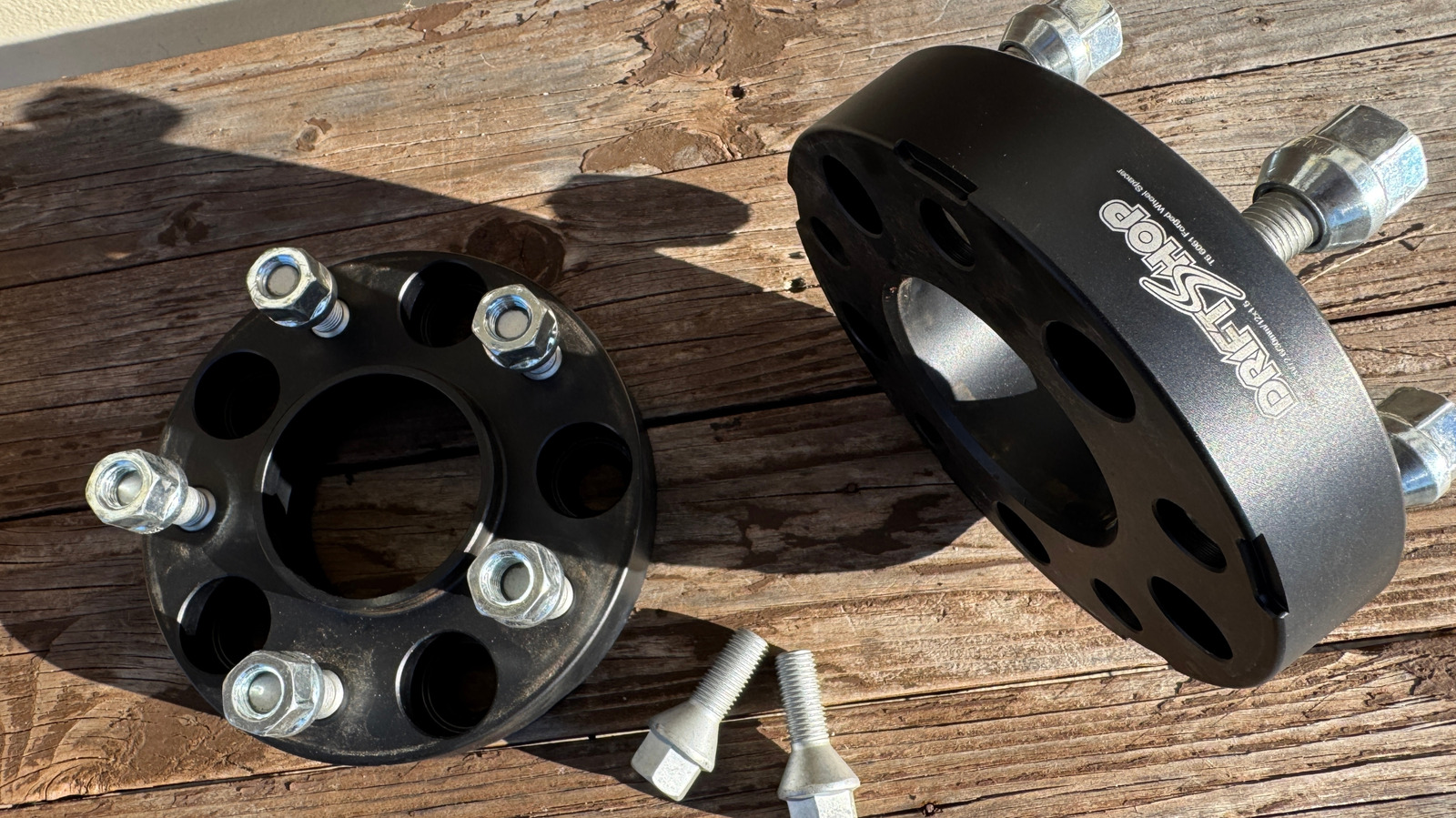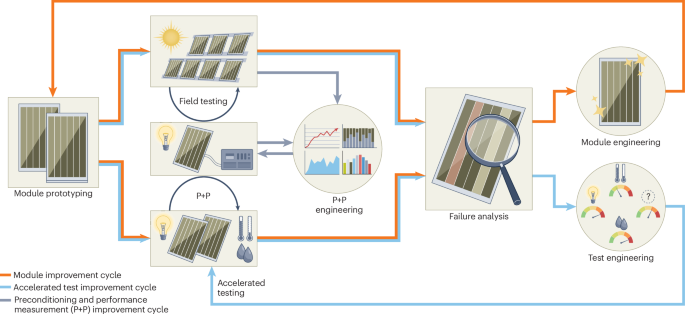β‐1,3 Glucan Microparticles & Nanoparticles: Fabrication Methods & Applications in Immunomodulation & Targeted Drug Delivery
Advanced Healthcare Materials, EarlyView.

Beta-glucans have gained significant attention as an immunomodulatory biomaterial with cell-targeting capabilities. This review comprehensively outlines the design and fabrication methods for producing beta-glucan particles at both the micro and nanoscale and their applications in immune cell targeting, immunomodulation, and drug delivery. Translational challenges and future research areas are also discussed to advance research progress.
Abstract
Innate immune cells such as macrophages and dendritic cells play major roles in the progression of many cancerous, fibrotic, and autoimmune diseases, often due to environmental cues that skew these cells toward a phenotype that progresses or exacerbates the disease state. As such, a growing focus in treating such diseases is placed on exploiting the high plasticity of these cells to modify or reverse their pro-disease phenotypes using immunomodulatory materials. β-1,3 glucans are one such type of material that has exhibited diverse immunomodulatory effects on immune cells, including the mitigation or reversal of the adverse effects of dysregulated immune cells. In this review, we outline various fabrication techniques to produce β-1,3 glucan-derived microparticles and nanoparticles and discuss the diverse particle properties that can be obtained by tuning glucan chemistry, fabrication method, and formulation components. Furthermore, the immunomodulatory applications of β-1,3 glucan particles are highlighted with a focus on immune cell targeting, modulation, and the delivery of small molecule and macromolecular therapeutics.















































































































































